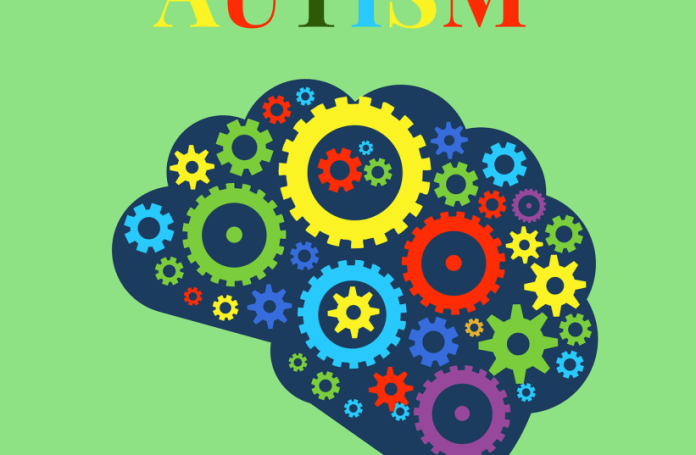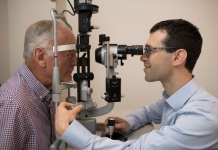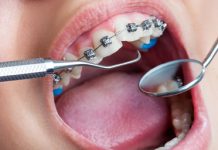Autism Spectrum Disorder (ASD) is a complex neurodevelopmental disorder that affects communication, social interaction, and behavior. While the exact cause of ASD is unknown, research suggests that oxidative stress and inflammation may play a role in its development. One antioxidant that has gained attention for its potential role in ASD is glutathione.
What is Glutathione?
Glutathione is a powerful antioxidant that is produced naturally in the body. It plays a crucial role in detoxification, immune function, and protecting cells from damage caused by free radicals and oxidative stress. Glutathione is often referred to as the body’s “master antioxidant” due to its ability to regenerate other antioxidants, such as vitamin C and vitamin E.
The Role of Glutathione in ASD
Research has shown that individuals with ASD often have lower levels of glutathione compared to neurotypical individuals. This has led researchers to investigate whether supplementing with glutathione could benefit individuals with ASD.
Benefits of Glutathione Supplementation in ASD
- Reduced Oxidative Stress: Glutathione helps to reduce oxidative stress in the body, which may be elevated in individuals with ASD.
- Improved Detoxification: Glutathione plays a key role in the body’s detoxification process, helping to remove harmful toxins and heavy metals that may contribute to ASD.
- Enhanced Immune Function: Glutathione supports immune function, which is important for overall health and well-being.
- Neuroprotective Effects: Glutathione has been shown to have neuroprotective effects, helping to protect nerve cells from damage.
How to Increase Glutathione Levels
There are several ways to increase glutathione levels in the body, including:
- Dietary Sources: Eating a diet rich in sulfur-containing foods, such as garlic, onions, and cruciferous vegetables, can help support glutathione production.
- Supplementation: Taking oral or topical glutathione supplements can help increase glutathione levels in the body. However, it’s important to consult with a healthcare professional before starting any new supplement regimen.
- Lifestyle Factors: Getting regular exercise, reducing stress, and getting enough sleep can also help support glutathione production.
Conclusion
While more research is needed to fully understand the role of glutathione in ASD, preliminary studies suggest that it may play a beneficial role in reducing oxidative stress and inflammation in individuals with ASD and for more details https://www.patchmd.com/glutathione-in-autism.html. Incorporating glutathione-rich foods into the diet and considering supplementation under the guidance of a healthcare professional may be beneficial for individuals with ASD.







